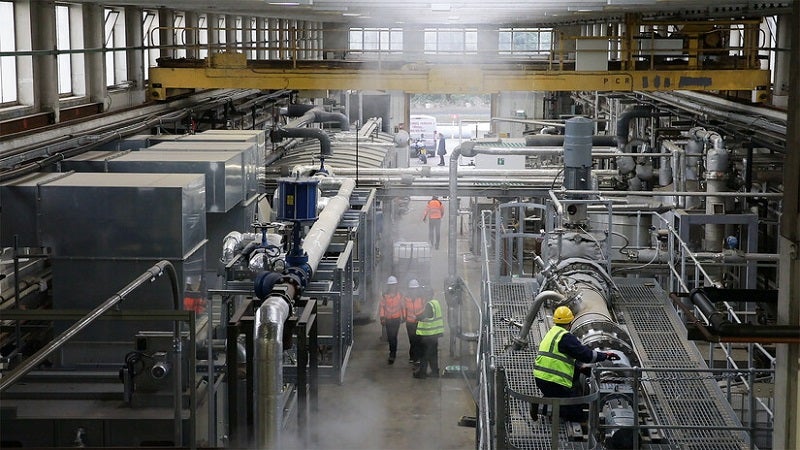
British Airways, LanzaJet and Nova Pangaea Technologies have struck an agreement to accelerate Project Speedbird, which aims to develop cost-effective sustainable aviation fuel (SAF) for commercial use in the UK.
IAG, the parent company of the British Airways, will now invest in the project to facilitate the next phase of development work for aviation decarbonisation.
Created last year by the three companies, Project Speedbird targets annual production of 102 million litres of SAF from sustainably sourced agricultural and wood waste.
It received a grant of around £500,000 from the Department for Transport’s (DfT) Green Fuels, Green Skies competition to fund the initial feasibility study for early-stage project development.
An application has now been submitted for the DfT’s Advanced Fuels Fund grant for further funding to support continued development of the project.
Construction work for the SAF production facility is expected to begin early next year in North East England, with delivery of the end product anticipated by 2026.
How well do you really know your competitors?
Access the most comprehensive Company Profiles on the market, powered by GlobalData. Save hours of research. Gain competitive edge.

Thank you!
Your download email will arrive shortly
Not ready to buy yet? Download a free sample
We are confident about the unique quality of our Company Profiles. However, we want you to make the most beneficial decision for your business, so we offer a free sample that you can download by submitting the below form
By GlobalDataOnce operational, it will be the UK’s first facility to produce SAF using agricultural and wood waste.
The SAF will be produced using Nova Pangaea’s REFNOVA process that converts agricultural and wood waste into bioethanol and biochar.
Later, the bioethanol will be converted into SAF and renewable diesel using LanzaJet’s proprietary and patented alcohol-to-jet (ATJ) technology.
Project Speedbird is also expected to create significant employment opportunities in the North East of England.
British Airways, the flag carrier of the UK, looks to procure all the SAF produced by the facility to power some of its flights.
The SAF produced would reduce carbon emissions on a net lifecycle basis by 230,000t per year.
British Airways Sustainability director Carrie Harris said: “Project Speedbird is another great step towards our mission to reach net zero carbon emissions by 2050 or sooner and achieve our target of using SAF for 10% of our fuel by 2030.
“With further investment and continued government support, Speedbird will be a key and pioneering project in the production of SAF here in the UK.”



